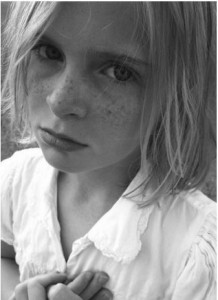What is Depression in Children?
Depression is one of the most common psychiatric difficulties experienced by children. While most children and adults sometimes feel sad and blue, a diagnosed depression tends to be more severe, long lasting, and interferes with normal activity. There are a variety of “Mood Disorders” including Major Depression, Dysthymia (mild depression), and Bipolar Disorder.
Signs of depression difficulties may include:
- Depressed, sad mood for extended periods of time
- Loss of interest in activities
- Difficulties with sleeping, eating, or energy levels
- Difficulties with concentration and decision-making
- Feelings of hopelessness and worthlessness
Depression and Alternative Learners
Many children who do not have a diagnosed Anxiety or Major Depression Disorder will still experience mild difficulties with stress, worry, sadness, low self-esteem, and a lack of energy. These more modest difficulties may not require the same level of intervention that a child with a diagnosable depressive or anxiety disorder might, but they may be helped by many of the technological and academic strategies presented here.
Many children with depression are disproportionately concerned about how others rate their performance. They benefit from activities that build mastery and success. As a result, these children are drawn to software and websites that facilitate practicing academic skills on their own. This allows them to not feel judged by others when they fail because only they and the computer program recognize that they made a mistake.
Children with depression, and other psychiatric disorders tend to perform more poorly in school due in part to problems with sustaining their attention and effort and a loss of motivation for academics. Outdoor activities, social opportunities, and video games that engage the child in the process of learning may help a child complete more schoolwork and take on challenges they might not otherwise.
